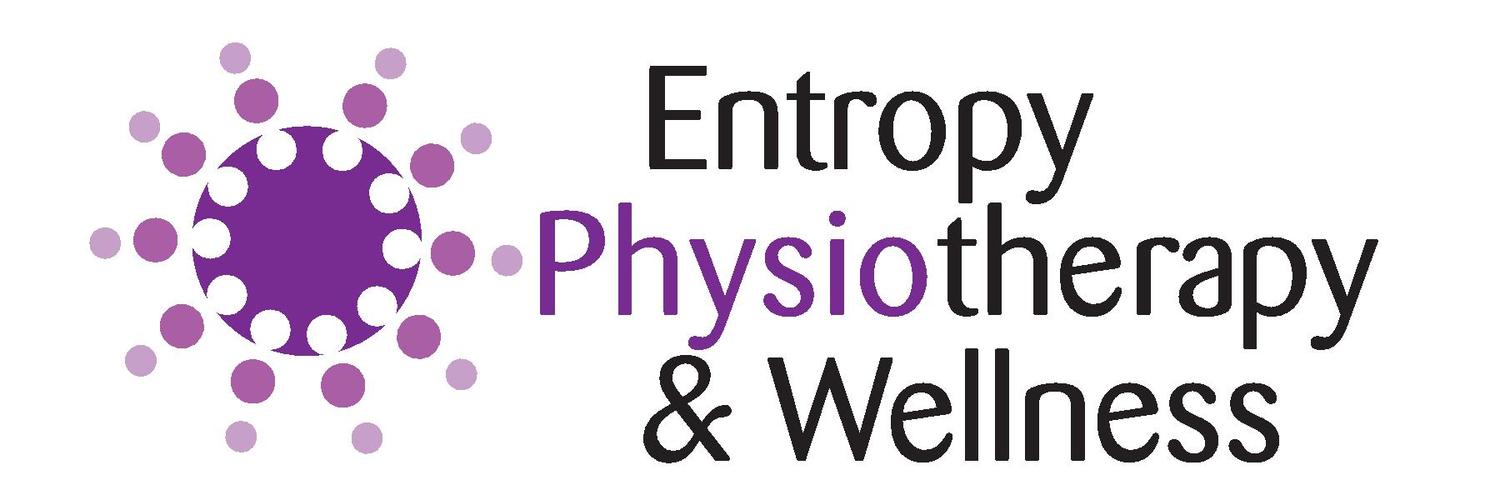Where do YOU find value in Continuing Education?
/My opinion and views have changed quite a bit over the last 10 years about Continuing Education. I’ve always loved learning, and for years I couldn’t tell you how many CEUs were required in Illinois because I attended every course I could. I always had more than enough, and it was never about just ticking off a box.
It was a bit fortuitous this morning as I’m working on the schedule and website for Entropy Physiotherapy and Wellness’s Continuing Education offerings that 2 pertinent tweets popped up in my Twitter feed.
The first one was from David Pulter (@orth_DavidP), sharing this piece from the PT Journal published in 2001! The Editor’s Notes by Jules M. Rothstein laments the quality of CE offerings, comparing CE purveyors as ‘modern-day revivalists, moving from community to community with zeal and a polished act that seduces the listener’. What is the most depressing part of that statement (other than the fact it’s true in many cases) is that after each course, 40 disciples leave that course and spread information that is enthusiastic but often poorly researched at best, and implausible or misleading as a less beneficial outcome.
I feel confident saying that, because Sandy and I have both experienced the process of getting ‘approval’ for courses we host at Entropy Physiotherapy. We’ve attempted to get the courses approved through ProCert. I was at first rather excited about what appeared to be a rigorous process. However, my hopes were dashed as we looked over the example they gave to assist in filling out the complicated forms. The example course? Using therapeutic ultrasound. Yep, ultrasound.
While there are still administrative hoops to jump through to make the CE courses at Entropy ‘count’ towards fulfilling our licensure requirements, everyone needs to be aware that the ‘stamp of approval’ is NOT an indication of quality. The processes are in place to be sure that the therapists taking the courses understand what will be offered. These processes have nothing to do with the level of evidence or plausibility or even quality of the course. Those determinations are up to the individual therapist to make.
This leads me to the latest blog by Adam Meakins. ‘Who is fit to teach?’. It’s a great question. In my time as a Physical Therapist, I’ve certainly gone through some phases here. I started out as a wide-eyed believer. Obviously if someone was able to get 40 people to pay $450 for a course, they must know what they’re talking about, right? I didn’t question much back then.
But now I’m old, and I question everything. So what do I look for when I’m going to be spending my money on continuing education? I’m looking for someone who is well versed in the latest evidence (even better if they’re involved in the research!), and someone who is willing to have an honest discussion about what we know and what we don’t know. I’m not looking for someone who is a ‘guru’…. Because those don’t actually exist unless you suspend your ability to critically think.
So who IS fit to teach? Adam doesn’t limit it to the people with the highest degrees, the most publications, or largest social media presence. The best teachers have passion, personality, respect, and are able to present their material while having fun. The best teachers inspire challenging questions and critical thinking. The best courses do not provide rigid protocols or elaborate rituals, instead they give the clinicians skills to thoughtfully evaluate and treat a person with unique goals.
So what is the point of this post? Mostly to say learning is good. But not all learning experiences are created equal, and sometimes all you learn is what not to do.
Entropy Physiotherapy has solved our continuing education frustrations by collecting clever speakers from all of over the world, bringing them to centrally located Chicago, and hosting small classes in a comfortable environment. We would love to hear your thoughts on what we're doing, and how we could do better!

